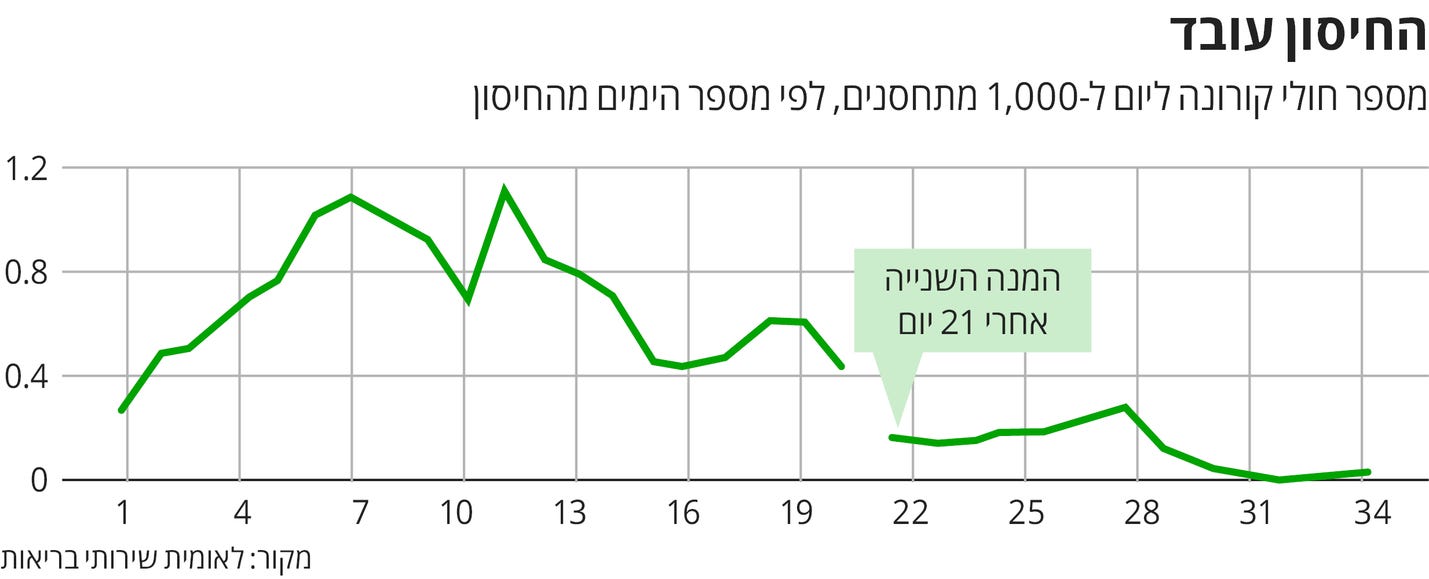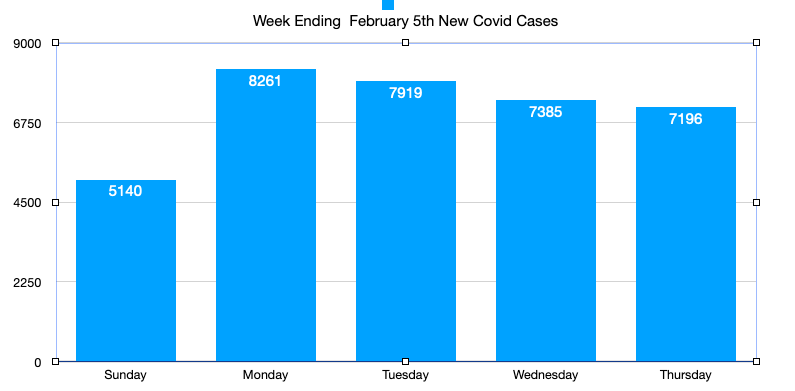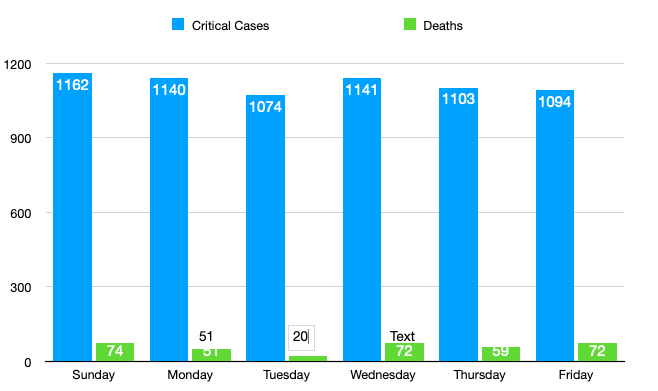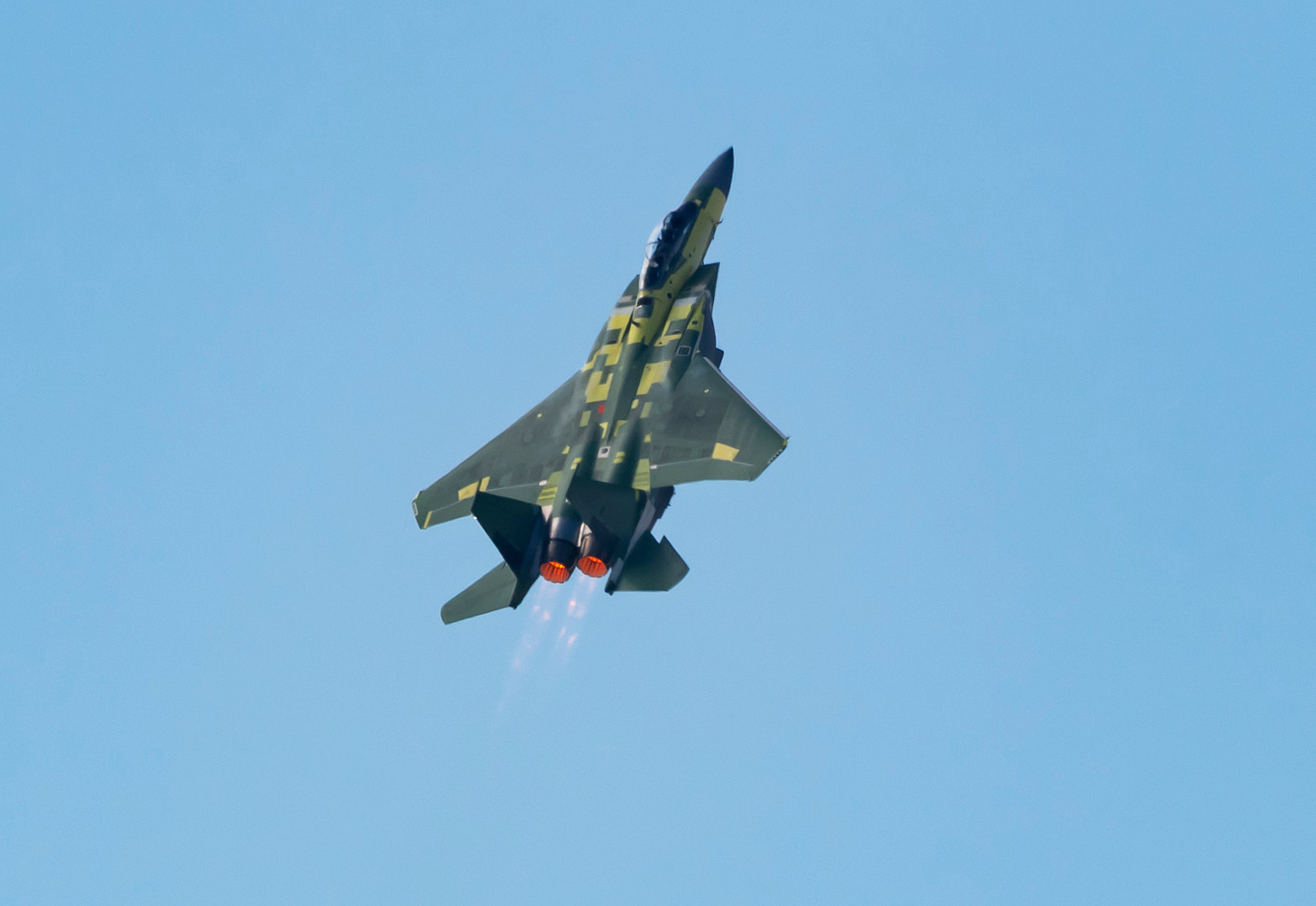COVID–19
It has been another very frustrating week in Israel’s fight against COVID–19. Israel's campaign to inoculate a significant portion of the population seems to be working on a personal level, but not on a national level. Several recent studies indicate the vaccinations are working — including one from Kupat Cholim Leumit, which shows that the rate of infection drops to nearly zero, two weeks after the second vaccination.
How Many Corona Cases Per Day After Receiving Vaccination
To date, only a small percentage of the population is two weeks beyond the second dose. Moreover, 77% of those over age 50 have already received at least one vaccine dose, which still leaves 23% who have not received the vaccine.
The British variant is now the dominant virus here; making up 80% of the new cases in the ultra-Orthodox community, 75% in the secular community, and only 25% in the Arab sector. It is clear at this point that the British variant is more infectious, and appears more virulent — and also affects young people at a much greater rate. A higher percentage of younger people in their 30’s, 40’s, and 50's are now being admitted to the Corona wards in critical condition; wards whose number of admitted patients remain stable, but at the edge of the capacity the overworked hospital system is able to handle.
The number of new patients remains very high. The total of newly diagnosed COVID cases averaged 5,036 per week when Israel entered its current lockdown. Four weeks later, that number is 6,572, slightly lower than the peak number of last week, but with an average positive case rate of 9%.
The hope had been that the combined impact of the lockdown and swift, high rate of vaccination would enable Israel to get the virus under control, allowing the economy and society to reopen. However, the effect of the vaccinations is yet to be fully felt, and the lockdown has been widely ignored — especially in the ultra-orthodox community, where massive funerals were held this week for a set of revered Rabbis who died from Corona, and whose schools remain open. In contrast, schools in the rest of the country are closed.
Ben-Gurion Airport has also been closed, and policymakers seem to be at a loss for what to do next — other than hope vaccines begin to significantly lower the numbers. Meanwhile, the death toll from COVID–19 in Israel passed 5,000 on Thursday, with over 1,663 lost since the start of the new year.
Unfortunately, the weekly number of vaccines administered here has dropped precipitously from from 170,000 a day last week to an average of 120,000 a day this week. Fewer younger people seem interested in getting vaccinated. A serious industry of fake news continues to attack the vaccines as “unsafe,” and Facebook, who pledged not to allow fake vaccine news on its platform, is yet to do anything about it.
On Thursday, as the clock reached midnight, the cabinet meeting — which had been contentious all night — descended into chaos. Blue and White opposed the extension of the lockdown, asserting it was simply not working, but providing no alternative suggestion. The Ministry of Health, contended that opening any part of the closed economy at the moment would increase the death toll, and might result in the pandemic spinning out of control.
At the end of the meeting it was Gantz, desperately looking for an audience of voters to support him, who refused to extend the lockdown. Netanyahu brought the matter to a vote anyway, and won, because Likud has more ministers than Blue and White. However, State Attorney General Mandelblit swiftly ruled the vote violated the basic laws of the government, which gave veto power to each side in this coalition. Netanyahu then used the opportunity, together with his loyal Minister of Internal Security Amir Ohana, to attack Mandelblit, who has become the fulcrum of attacks aimed at undermining the legitimacy of the corruption trial against Prime Minister Netanyahu, aimed to begin this week.
Finally, after it dawned on all the participants that if they took no action, as of midnight, all forms of interaction and commerce would be allowed, they agreed to extend the lockdown until Sunday, at which time the 1,000 meter travel limitation from ones home (which had been wholly ignored by the public) would be canceled. National parks will reopen, barbers and beauty shops will be permitted to attend to one customer at a time, and restaurants will be allowed to provide take away food, as opposed to only delivery orders. In the meantime, no decision has been reached on the next steps for the economy, or what to do about the closed schools.
POLITICS
The political landscape became a little clearer on Thursday night, as all of the parties either presented their candidate lists, or dropped out. The poll below from Tuesday night was a critical factor in many of the candidates’ final decisions.
Over the past week, Bogie Ya’alon decided not to run, since his Telem party could not find a home after splitting from Yesh Atid. Tel Aviv Mayor Ron Huldai was also forced to quit. He had hoped to be the force to unite the center-left. But after the disastrously failed unions forged by the Blue and White Party, Huldai did not get any immediate takers. Once Merav Michaeli won the Labor party primary, she swiftly took control of the party.
Michaeli’s nimble actions seemed to breathe new life into a party given up for dead, and as the above poll shows, Labor is now projected to receive eight seats. Those seats came from the once-promising “Israelis” party. By the time the deadline arrived to submit party lists, Huldai who saw support for the “Israelis” party crumble, had no choice but to withdraw. The same happened with Ofer Shelach, who separated from the Yesh Atid, when Lapid would not countenance Shelach’s criticism of the need for democratic primaries in the party Lapid founded. Shelach’s last-minute attempt to join the Labor list failed, as Michaeli decided Labor needed no additional members at this time.
In addition, one portion of the Joint Arab List pulled away, when Ram (the Southern Islamic Moment) decided to run separately. Ram's leader Mansur Abbas has been playing footsie with Netanyahu, who Abbas claims tried to gain his support for another Netanyahu narrow government of 60. Abbas has made it clear he is willing to support Netanyahu building the coalition after the elections, if he gets a good enough offer in return.
As of the moment, Defense Minister Gantz's Blue and White Party still plans to run in the election. While polls indicate Blue and White will reach the electoral threshold, it is totally unclear who would vote for this party.
On the right of the political spectrum, Netanyahu managed to midwife a joint run by the far-right Otzma Yehudit party (supporters of Rabbi Meir Kahane), led by Itamar ben Gvir, and the only slightly less right-wing Religious Zionist party, led by Betzalel Smotritch. Alone, the two parties, have consistently polled below the electoral threshold. Netanyahu hopes that together they will rise above the required threshold. On Thursday night, the traditional Religious Zionist party, Mafdal, led by a woman for the first time, announced that it would not run in the upcoming election, and urged its supporters to vote for the Yamina party of Naftali Bennet.
Based on the poll above, “anti-Netanyahu” forces currently have a majority. But as one Israeli political consultant stated, if Netanyahu is still doing this well, after Israel had one of the worst months in its history, can you imagine how well he’ll do if we come out of the Corona pandemic by election day? Of course, the prospect of eliminating COVID by election day, now looks like a very iffy proposition.
Military
Israel is said to have attacked an Iranian position in Syria on Wednesday night, in what is a near regular event. At the same time, Rafael and the Air Force announced completion of tests on a new, more advanced Iron Dome System.
Another matter of interest to the Israeli military was the successful first flight of the F-15xX by Boeing, yesterday. The newest version of the venerable F-15 uses the same basic airframe as (which has served the Israeli Air Force for over 40 years), but whose avionics, armaments, and controls have been completely redesigned to take advantage of the advances of the past decades. Israel is interested in purchasing the new variant, as the F-15 is able to carry significantly more armament than the F-35 Stealth Fighters Israel has purchased.







